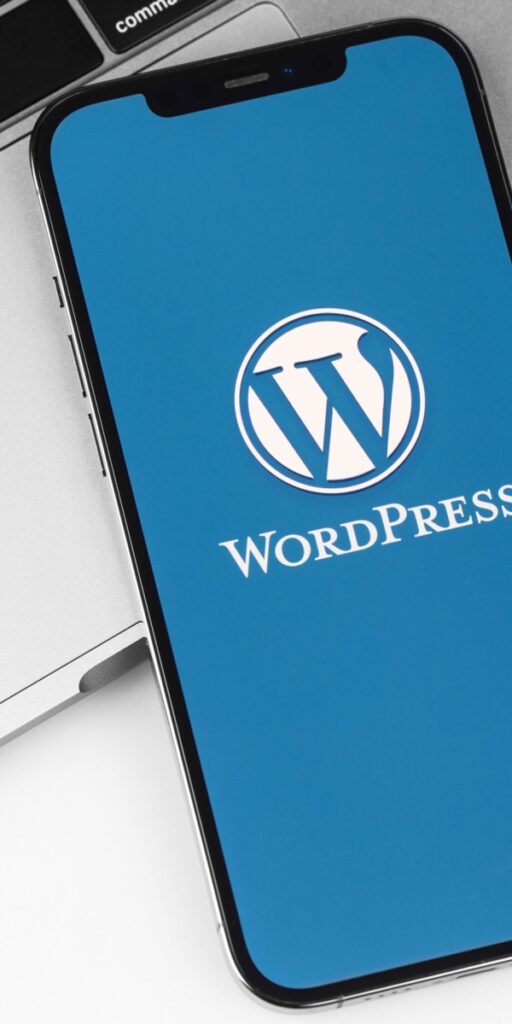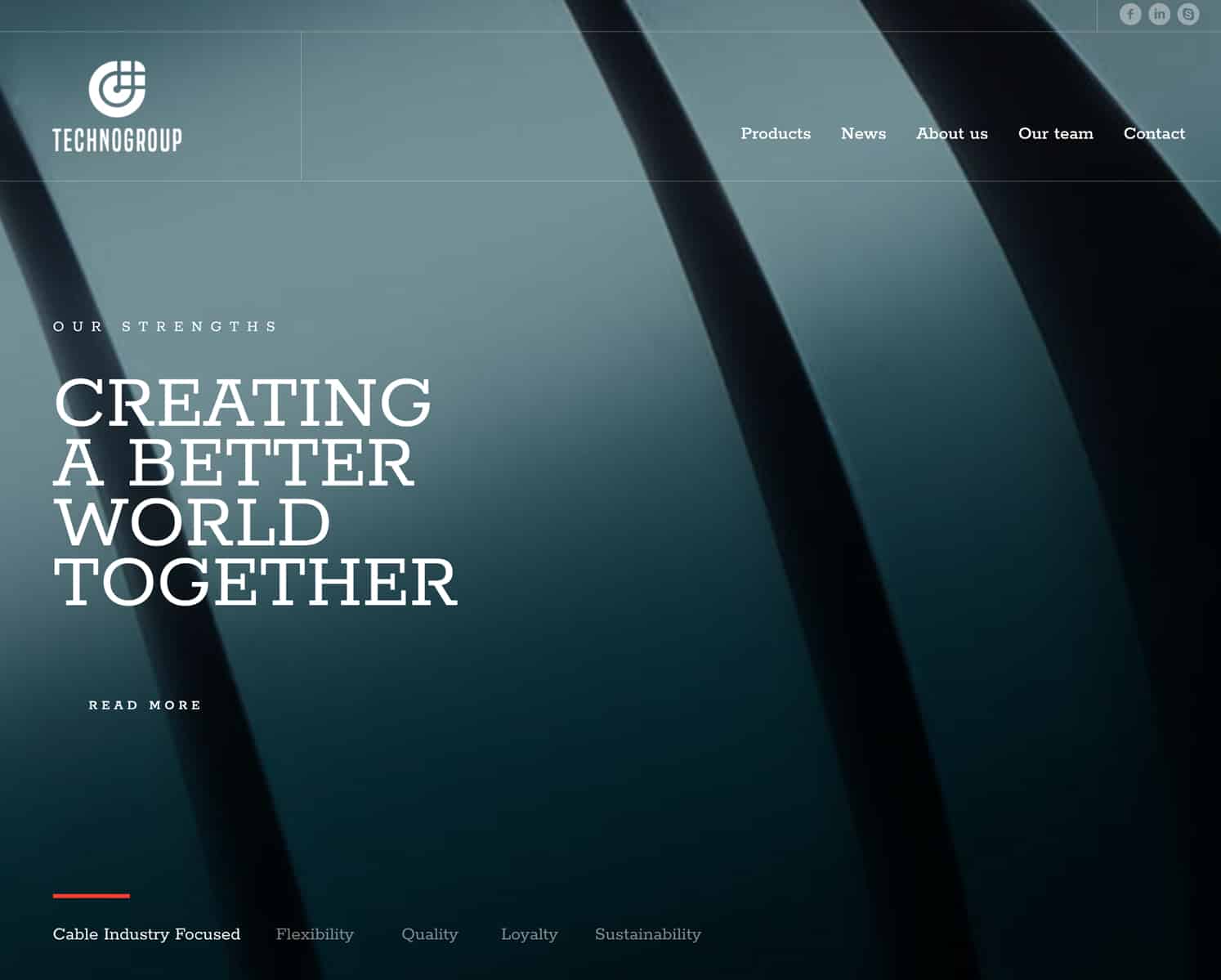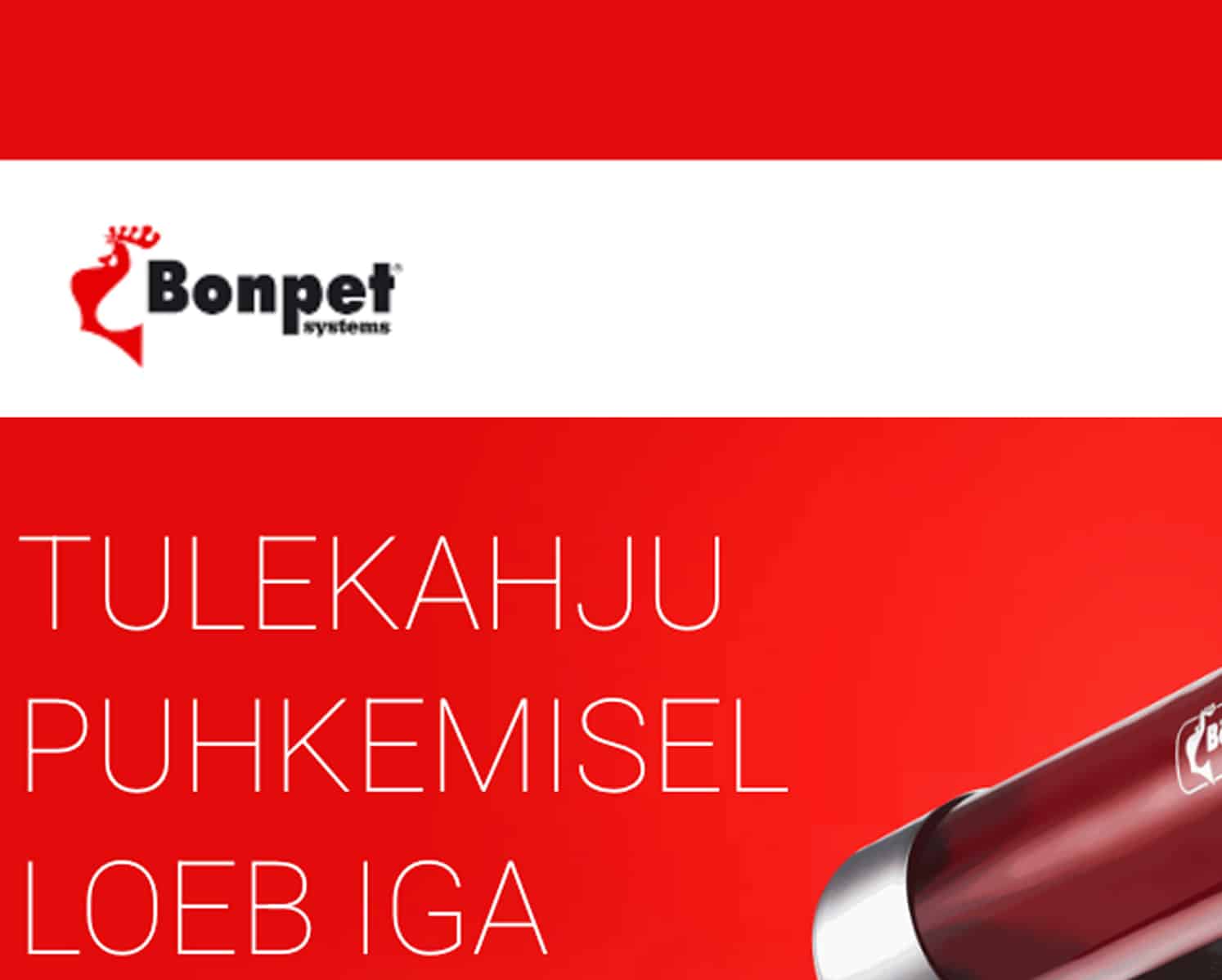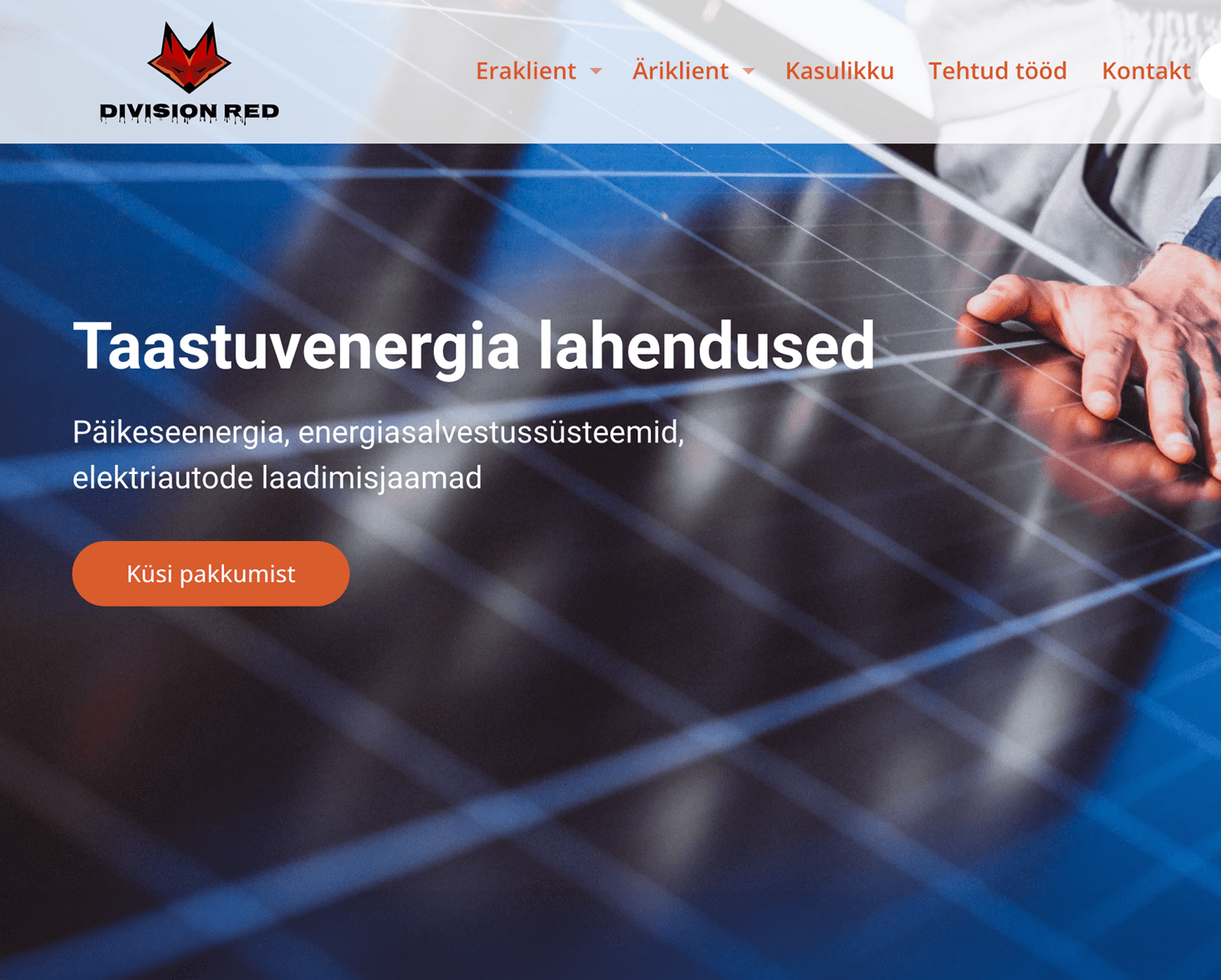Website creation that is carefully planned from start to finish.
Are you looking for a partner to create a new website or update an existing one?
One who thinks things through and creates a digital solution aimed at attracting new clients, increasing sales, or improving communication with your target audience?
You’re in the right place— we have the experience and expertise to design the perfect website for you.
Website creation is a process that results in a digital solution supporting your business goals.
We always create solutions that attract the maximum number of visitors!
We create every content and design element with consideration for best practices in design, marketing, website optimisation (SEO), and human psychology. Using data-driven knowledge and experience, we craft effective and unique websites. Each solution we provide is goal-oriented, engages visitors, and enhances the activities you desire.
1. We analyse data
We explain and map out each client’s needs, the current state of their website, target audience, and goals.
2. We set objectives for actions
We define the business objectives of the solution being created, including the tasks the new website will perform and the expected results.
3. We create a strategy
How a potential visitor arrives at the new website and how to convert them into a valuable client.
4. We create the website content
We write content and choose images to be engaging and persuasive, not just descriptive fluff.
5. We build and code
Based on the objectives, strategy, arguments, and content, we create the structure, navigation, and write the code.
6. We launch and test
We upload the finished website to the server and publish it. Additionally, we provide all the necessary knowledge on how to use the created website and make the most of its features.
Creating a website with us?
We always create a personalised website for you that directs visitors to take the desired actions, whether it’s submitting a lead, requesting a quote, placing an order, or making a purchase.
We Support and Assist You
We are your partner throughout the entire website development process, from idea generation and design to the website launch.
Results
Our team has the patience to deeply understand your needs and all the necessary experience to create a digital solution that engages visitors and supports your marketing and business goals.
We Stay With You
We provide you with all the necessary knowledge on how to use the created website and make the most of its features. Additionally, we offer support even after the collaboration is complete!

We use almost all of the most popular software solutions for website creation.
We always use a specialised CMS (Content Management System) solution for this purpose. While we typically build websites on WordPress, we are happy to use any other popular software you prefer.






Website creation with WordPress software
WordPress is a very user-friendly platform that allows you to easily modify and manage your website later on, without requiring deep technical knowledge.
A Very Popular Software with Many Features and Ass-ons
WordPress has a large community and many plugins and themes, allowing you to customise your website according to your needs and preferences.
Greater Visibility In Search Results
WordPress is well-optimised for search engines, which helps your website achieve better visibility and higher rankings in search results.
Constantly Updated and Easily Upgradeable
Additionally, WordPress is an open-source platform, which means it is free to use and continuously evolving and improving.

Don't underestimate the value of a high-quality website potential!
Even if your business seems to be running smoothly, a well-designed digital solution can offer a new business contact or opportunity that could be worth millions!
We have analysed thousands of websites
of the visitors never return to a website with a poor user experience
clients determine a provider’s reliability based on the content and appearance of the website
of the users leave a website with inadequate speed and seek alternatives
users will not perform the desired action if the content is displayed poorly on their device
of negative user experience is related to the design of the website
prefer to complete their transactions on a mobile-friendly (responsive) website
We have the knowledge and experience to make every website we create user-friendly.
Ask us for a quote or just advice!
Whether your interest is in creating a website, building a landing page, developing a new online store, or increasing the visibility of an existing website through optimisation (SEO) or marketing.
Let us know your interest, and we will offer you the best possible solution.
A high-quality digital solution helps your money grow!
We help bring your wishes and ideas to life in a way that is truly beneficial for you. Together, we create solutions that drive customer action and grow your investment.
Our experienced team creates valuable digital solutions.
Collaboration is not just progress, but a true springboard to greater heights where everyone benefits.
By valuing measurability and committing to specificity, we ensure that every client’s moment and every cent invested carries value.
What to know before ordering a website?
A website is an extremely important tool today for both personal and business purposes. Here are some reasons why you might need a website:
Professionalism and reliability: A website gives a company a more professional appearance and enhances its credibility. Potential clients can learn more about the business through the website, helping to create a positive first impression.
Marketing and visibility: A website is an excellent tool for marketing your products or services. A well-optimised (SEO) website can improve the company’s visibility in search engines, thereby attracting more visitors and potential clients.
Availability 24/7: Unlike a physical store or office, a website is always accessible. This means customers can learn about your business, purchase products, or book services at any time, which increases sales opportunities.
Client communication: A website allows a company to easily and quickly share news, offers, and other important information. Blog posts, newsletters, and updates help keep clients informed and engage them more actively in the company’s activities.
Competitive advantage: Without a website, a company might go unnoticed and lose its market position. A website allows a company to highlight its unique features and advantages compared to competitors.
Customer communication and feedback: A website allows a company to easily interact with clients, answer their questions, and gather feedback. Contact forms, chatbots, and forums enable clients to reach out quickly and conveniently.
Cost-effectiveness: Although creating and maintaining a website may seem expensive initially, it is a highly cost-effective way to market and manage your business in the long run. Compared to traditional advertising methods, digital marketing channels are often more affordable and effective.
Brand awareness: A website is an ideal place to create and strengthen your brand identity. The design, content, and overall style of the website help shape the company’s reputation and attract your target audience.
Data analysis and strategy planning: Data collected through the website allows a company to analyse visitor behaviour, preferences, and needs. This information is valuable for developing products or services, marketing strategies, and overall business planning.
E-commerce and sales opportunities: A website enables the creation of an online store, opening up new sales opportunities both locally and internationally. It also simplifies the sale of products or services, thereby increasing the company’s sales revenue.
In summary, a website is a versatile and valuable tool that helps increase a company’s visibility, credibility, and sales revenue.
A well-designed website should meet several important criteria to provide users with a pleasant and useful experience and effectively achieve its objectives. Here are some key points a good website should meet:
User-friendliness: The website must be easy to navigate. A clear and intuitive menu, logical structure, and well-organized content help users quickly find the information they need. A simple and clean design reduces confusion and enhances the user experience.
Mobile-friendliness: Nowadays, many people, if not most, visit websites from mobile devices. Therefore, the website must be fully mobile-friendly, or responsive, adjusting automatically to different screen sizes and devices. The mobile user experience should be as good as on a desktop.
Speed and performance: The loading speed of a website is critical. Slow websites can lead to users leaving before they have a chance to view the content. Optimis
ed images, reduced server requests, and efficient code contribute to fast loading times.
Visual appeal: A professional and visually pleasing design helps create a positive first impression. A modern, clean, and attractive visual design that aligns with the brand identity helps the website stand out and be memorable. The careful selection of colors, fonts, and graphics should support the overall style and message of the company.
Clear and relevant content: The website’s content should be clear, relevant, and easy to read. Texts should be informative and well-structured, using short paragraphs and headings to make it easy for users to get an overview. High-quality images and videos enhance the content and make it more engaging for visitors.
SEO-friendliness: The website should be optimized for search engines (SEO) to ensure better visibility in search results. Relevant keywords, meta descriptions, alt texts for images, and a proper URL structure help improve the website’s ranking in search engines.
Security: Security is crucial for every website, especially for e-commerce sites. The website should use HTTPS protocol to ensure secure data transmission. Regular security updates and backups help protect the website from potential cyber threats.
Contact options: The website should provide simple and clear ways to get in touch with the company. Contact forms, email addresses, phone numbers, and physical addresses should be easily accessible. It is also helpful to include social media links.
Analytics: Using analytics tools is crucial for monitoring the website’s performance. Google Analytics and other similar tools allow you to track visitor behavior, page popularity, and other important metrics that help in continuously improving the website.
In summary, a well-designed website should be user-friendly, visually appealing, fast, and secure, while offering relevant and well-structured content and easy contact options.
Creating a website is an important decision that can impact the image and performance of any business, company, or personal brand. The question of whether to have a website professionally designed or to do it yourself depends on several factors. Here are some considerations for both approaches.
Ordering a website from a professional service provider
Professionalism and quality: When you order a website from a professional service provider, you can be assured of a high-quality and professional result. Designers and developers have the necessary skills and experience to create a visually appealing and functional web solution.
Time savings: Using a professional service saves you time, as you won’t need to learn and perform the technical tasks related to website creation yourself. This allows you to focus on your core business activities.
Technical support and maintenance: Many web development companies offer maintenance services in addition to website creation. This means you have ongoing support for resolving potential issues and updating the website.
Customisation and uniqueness: Professional developers can create a website that is fully tailored to your specific needs and brand identity. This provides you with a unique advantage over competitors.
Creating a website yourself
Cost savings: Creating a website yourself can be more financially economical, as you don’t need to pay professional service providers. This is particularly important for small businesses and startups.
Complete control: When you create a website yourself, you have full control over the entire process. You can make changes and updates according to your preferences and needs without consulting anyone else.
Learning opportunity: Creating a website yourself offers the chance to acquire new skills and knowledge in web design and development. This can be a valuable experience that benefits you in the future.
Simple Tools and Platforms: Nowadays, there are many user-friendly tools and platforms available, such as WordPress, Wix, or Shoproller, that allow you to create a website on your own without deep technical knowledge. These platforms offer ready-made templates and drag-and-drop features that make website creation easier.
Considerations in decision-making
- Budget: If your budget is limited, doing it yourself might be the best option. However, if quality and professionalism are top priorities, it is worth investing in a professional service.
- Time: If you have the time and interest to learn and engage in creating a website, doing it yourself can be rewarding. However, if time is limited and you want a quick result, a professional service is a better choice.
- Goals and Needs: Assess the goals and needs of your website. If you require complex features and specific design, professional help might be necessary. For simpler websites, doing it yourself might be completely sufficient.
In summary, the decision to create a website depends on your individual needs, skills, and resources. Both approaches have their own advantages and disadvantages, and making the best choice requires careful consideration.
The cost of creating a website can vary significantly depending on several factors. Generally, the price of a website is determined by its complexity, scope, design and development level, as well as additional features. Here are some key factors that affect the cost of website creation:
1. Type and Complexity of the Website
- Simple Websites: A business card-type website with only a few pages (such as a homepage, contact page, and services page) is generally less expensive. The cost for these can range from €500 to €2,000, depending on the creator.
- Moderately Complex Websites: These websites may include features such as a blog, gallery, portfolio, and other functionalities that require more development and design work. The cost for such websites can range from €2,000 to €5,000.
- Complex Websites: Websites for large companies, e-commerce platforms, and those with custom applications may require significant development work. The cost for such projects typically starts at €5,000 and can reach tens of thousands of euros.
2. Design and User Experience
- Using Templates: Utilising pre-designed templates is a more cost-effective solution. Many platforms, such as WordPress and Wix, offer both free and paid templates, which can help reduce the overall development costs of a website.
- Custom Design: If you want a unique design tailored specifically to your brand and needs, the cost can be significantly higher. Custom design typically requires more time and the expertise of various specialists.
3. Development complexity
- Static Pages: Developing simpler, static pages is less expensive because they do not require complex functionalities or dynamic content.
- Dynamic Pages: Pages that require user authentication, database connections, e-commerce functionalities, and other dynamic components are more expensive to develop.
4. Additional features
- E-commerce: Creating an online store requires additional work for managing products, integrating payment solutions, and ensuring security. This can significantly increase the cost of the website.
- Third-Party Integrations: Integrating with CRM systems, email marketing, social media, and other platforms adds complexity and costs to the development.
- SEO and Marketing: Costs for optimised content, keyword research, technical SEO, and the development of marketing strategies are additional expenses that may be necessary to ensure the success of the website.
5. Maintenance and support
- Maintenance Services: Ongoing maintenance, updates, and security management are costs that need to be included in the budget. Maintenance services can be billed monthly or annually, depending on the complexity of the website.
- Hosting and Domain: Domain names and web hosting are ongoing costs. A domain name typically costs around €10-20 per year, while hosting on a service provider’s server can range from €50-200 per year, depending on the services chosen and the required server resources.
Summary
The cost of a website largely depends on the needs and objectives. Simple and less complex sites are more affordable, while larger and more intricate projects require greater investments. It is important to clearly define your goals, requirements, and budget to find the best solution that meets your expectations and capabilities.
The time required to create a website largely depends on several factors, including the complexity of the project, the scope of work, and the effectiveness of collaboration among parties. Here are some key aspects that affect the completion time of a website:
1. Project planning and design
Identifying Needs and Setting Goals: At the beginning of the project, a meeting between the client and the web development team takes place to discuss the website’s objectives, target audience, features, and design requirements. This stage can last from a few days to a couple of weeks, depending on the client’s readiness and the complexity of the project.
Wireframes and Prototypes: Before starting design and development, wireframes and prototypes are often created. This helps visualise the website’s structure and user experience. The creation of wireframes and prototypes can take from a few days to a couple of weeks.
2. Design
Design Concepts and Layouts: Web designers create initial design concepts and layouts, which are reviewed and discussed with the client. Depending on the project’s complexity and client feedback, this stage can last from 1 to 4 weeks.
Review and Approval of Designs: After the initial designs are completed, close collaboration with the client occurs to make necessary adjustments and finalise the designs. This process can take from a few days to a few weeks, depending on the speed of feedback and the extent of the changes.
3. Development
Front-end and Back-end Development: Once the design is approved, website development begins. Front-end development involves coding the design, while back-end development focuses on creating databases, servers, and other backend systems. Depending on the complexity of the website, the development stage can last from 4 to 12 weeks or even longer.
Function Integration and Testing: During development, various functions such as contact forms, e-commerce solutions, and user authentication are integrated and tested. This process can take 1 to 3 weeks, depending on the number and complexity of the features.
4. Testing and deployment
Testing: Thorough testing is critical to ensure the website operates flawlessly. This includes testing the user interface, functionality, mobile responsiveness, and performance. The testing phase can last from 1 to 2 weeks.
Website Launch: After successful testing, the website is transferred to a public server, meaning it goes live. This process involves setting up the domain name, configuring the server, and publishing the website. The launch typically takes 1 to 3 days.
Summary
In summary, creating a simpler website may take 4 to 6 weeks, while more complex projects can extend to 3 to 6 months or even longer. The exact timeline depends on the project’s requirements, the size of the team, and the effectiveness of collaboration. The key to a successful website project is thorough planning, clear communication, and realistic schedules.
The best way to gain an overview or an accurate estimate of the potential time required is to consult with our professional team and discuss your specific needs, desires, and objectives.
Digituul has established itself as a reliable and professional partner in the field of digital solutions. Here are some reasons why our clients believe including the Digituul team in their website development process could be beneficial:
1. Professionalism and quality
The Digituul team consists of experienced designers and developers who can create visually appealing and functional digital solutions. We ensure that the end product is not only aesthetically pleasing but also technically flawless, meeting all contemporary web standards.
2. Unique and customized solutions
Every company is unique, and we understand that. That’s why we offer only personalised solutions designed specifically with each business’s needs in mind. From design concepts to functional integrations, we always create solutions that reflect your brand identity and help achieve your business goals.
3. Full-service
We offer a comprehensive service package that covers all stages of website development: starting with identifying needs, then moving on to design, development, testing, launch, and maintenance. This means you receive all the necessary services from a single source, simplifying the process and ensuring a smooth project execution.
4. Client-centric approach
We focus on client satisfaction and value partnership. We work closely to understand your needs and expectations. Regular communication and transparency ensure that each project proceeds according to the schedule and budget, and that the results meet or exceed your expectations.
5. Mobile-friendliness and SEO
The result of creating a modern website must be a mobile-friendly and search engine optimised site. That’s why we always create scalable websites that look great and function smoothly on all smart devices. We guarantee that the website we build for you will be SEO-friendly, highly visible in search engines, and will attract new customers and orders.
6. Speed and performance
We understand the importance of website speed and performance. That’s why we use best practices and tools to ensure fast loading times and reliable operation. This not only enhances user experience but also helps improve SEO results.
7. Maintenance and support
Creating a website is just the beginning. We also offer ongoing maintenance and technical support to ensure that your solution remains current and secure. We perform regular updates and ensure that all systems operate smoothly.
8. Competitive pricing
Despite high quality and professionalism, our prices are competitive. We offer various packages and solutions that suit different budgets, ensuring that you always get the best price-quality ratio.
Summary
Digituul is the ideal partner for creating websites due to its professionalism, personalised solutions, comprehensive service, and customer focus.
Our commitment to quality, mobile-friendliness, SEO, speed, and continuous maintenance ensures that the digital solution created for you is successful and meets all modern requirements.
By involving our team, you will gain a reliable partner who will help you achieve your business goals and establish a strong online presence.










